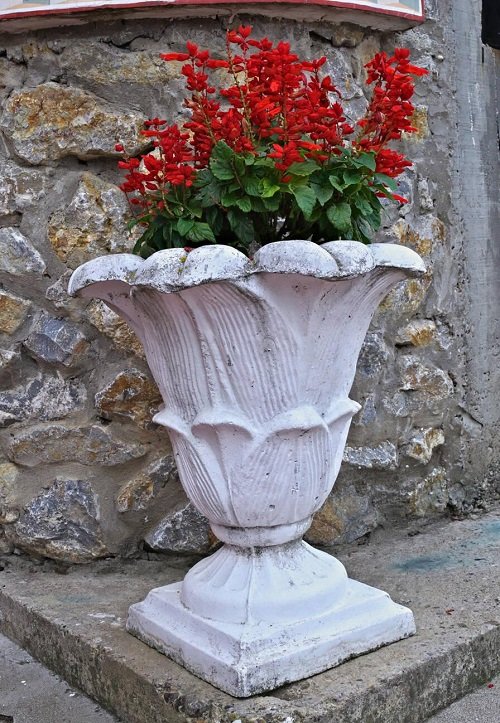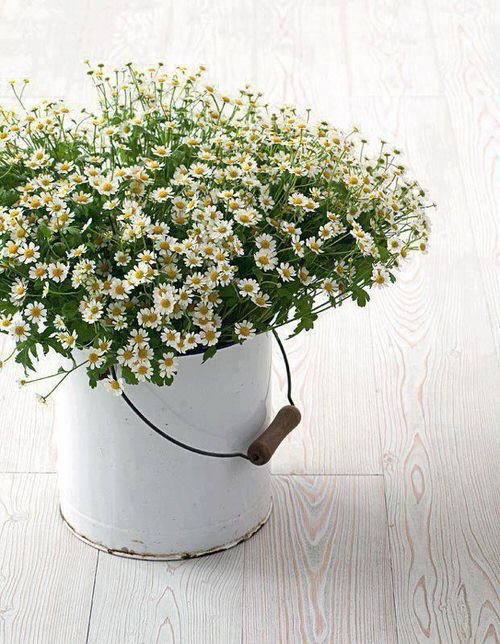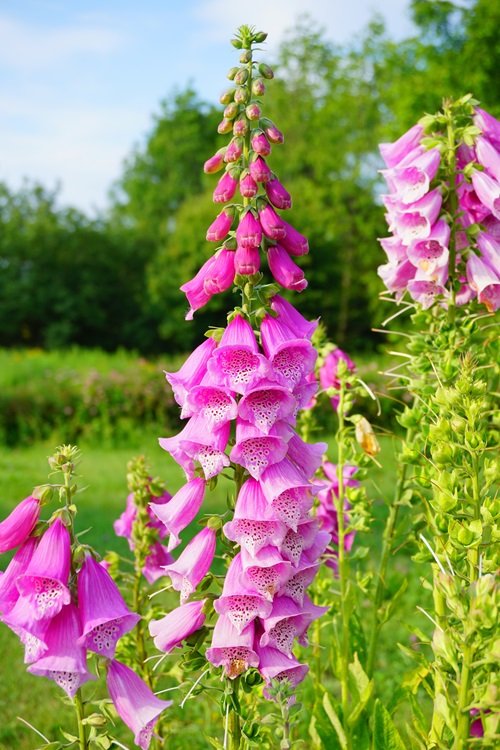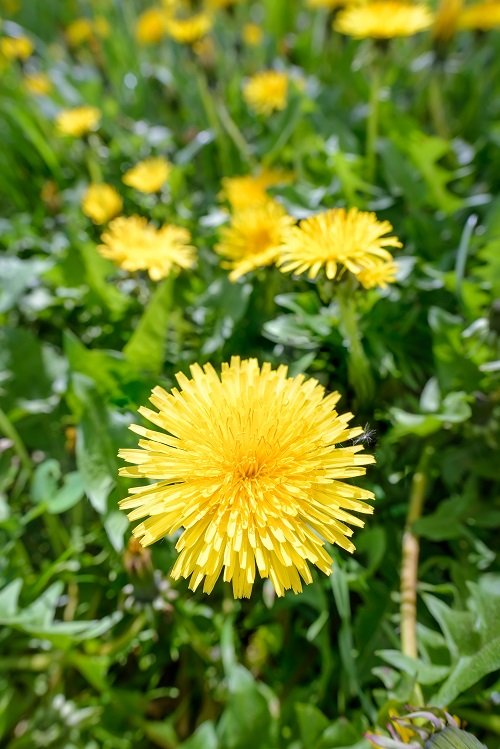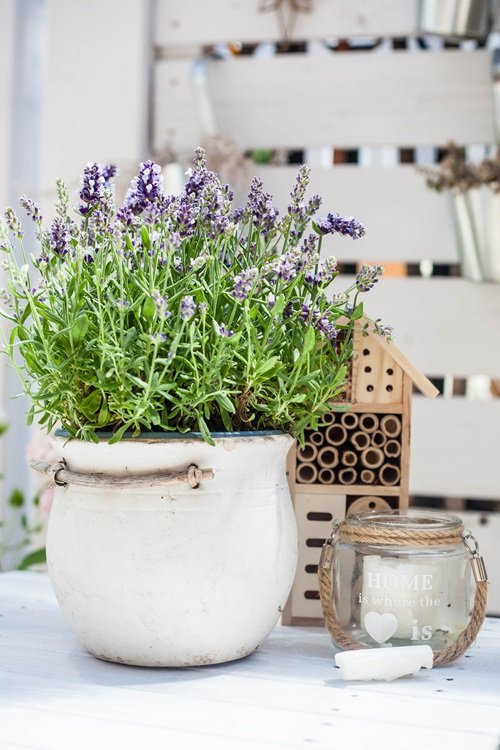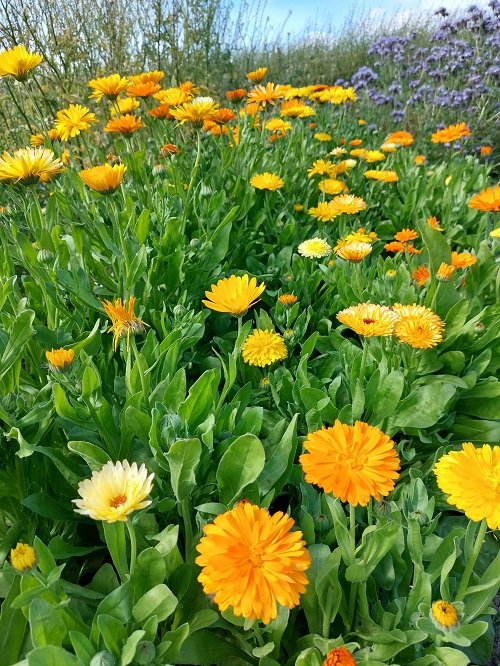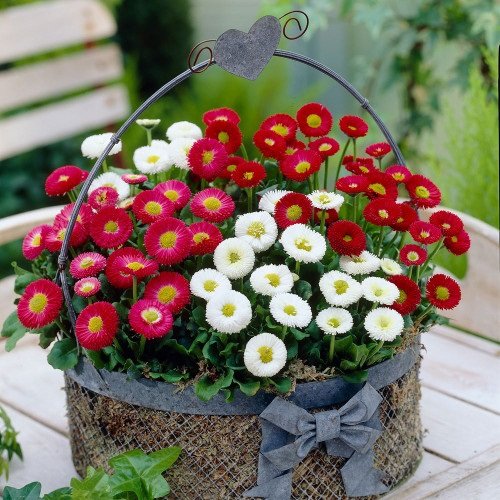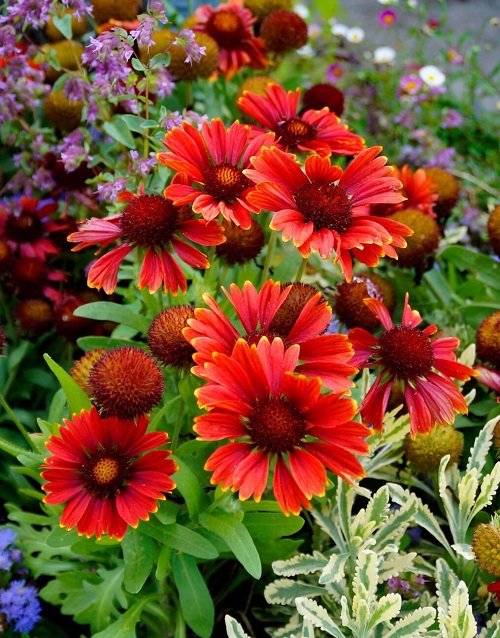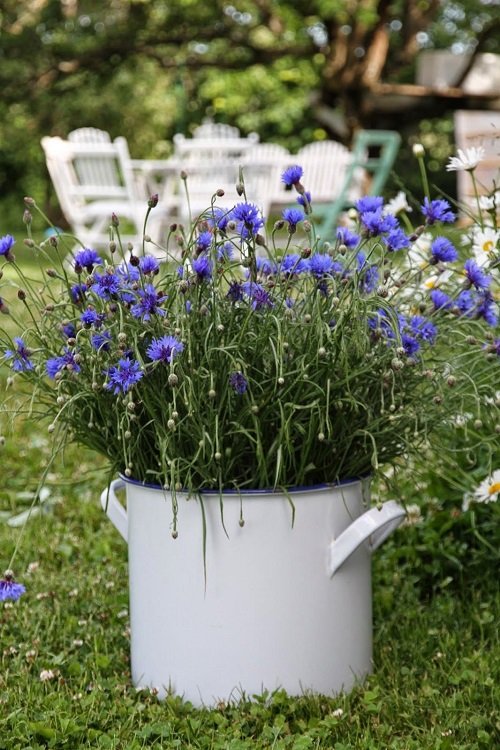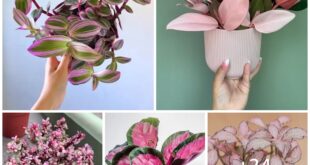These flowers also represent the power of healing, making them a perfect gift option for hope and encouragement.
The flowers on this list are believed to have healing properties and are good for recovery or rejuvenation – they can make a positive gift for friends and family members.
Which flowers mean healing?
Most of these flowers have medicinal properties. Lavender, for example, is a healing flower that calms and soothes you. Echinacea boosts immunity and is used in herbal remedies for colds and flu.
These can also be given as gifts with the intention of healing; It is a way to wish the recipient good health, recovery or well-being. A symbolic gesture full of good intentions and positive energy.
Flowers that mean healing
1. Jasmine
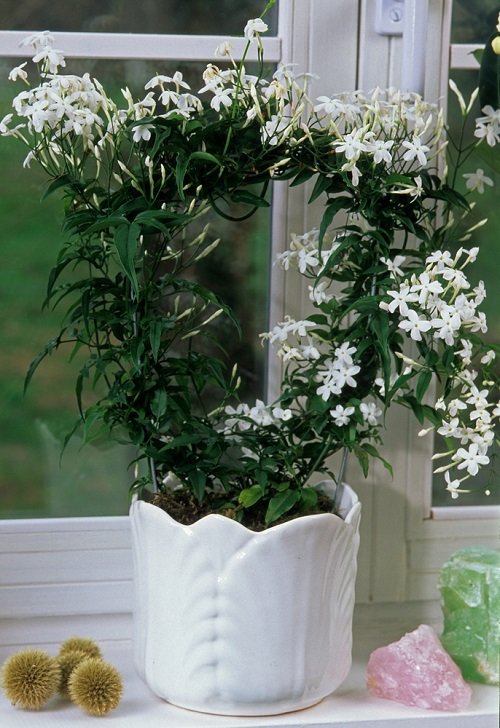
Botanical name: Jasminum officinale
jasmine Flowers are valued as they help in relaxation and also reduce anxiety. They have healing properties and can relieve muscle pain and help you sleep better.
It is used to treat liver disease (hepatitis) and liver pain due to cirrhosis, and can also relieve abdominal pain caused by diarrhea (dysentery).
2. Sage
Botanical name: Salvia officinalis
sage has always been part of traditional medicine to relieve pain and also protect the body from oxidative stress. These flowers have also has antioxidant and anti-inflammatory effects.
The scent of sage reduces anxiety and burning it in homes can add a positive atmosphere to the room and the people living there.
3. Chamomile
Botanical name: Matricaria chamomilla
chamomile Flowers promote relaxation and calm. They are also great for combating gastrointestinal problems such as diarrhea, vomiting and indigestion.
You can use chamomile as an essential oil and even consume it as an herbal tea.
Fun Fact: Did you know? Chamomile can be helpful in treating hay fever, muscle cramps, menstrual irregularities, insomnia and inflammation. It is also excellent for treating ulcers, wounds, gastrointestinal diseases, rheumatic pain and hemorrhoids.
4. Foxglove
Botanical name: Digitalis purpurea
Foxglove plants are interesting medicinal flowers as they are extremely poisonous but are part of modern medicine.
Chemicals from the plant are used to produce it Digoxin – a medicine for heart problems that slows the heart rate so that the heart can pump blood more easily throughout the body.
Note: You should not take medicines containing Fingerglove without the recommendation of a doctor. All parts of the foxglove plant are poisonous.
5. Dandelions
Botanical name: Taraxacum
dandelion Flowers may look delicate, but they are a powerhouse of health benefits. Dandelion is rich in antioxidants and nutrients.
These flowers support liver health, aid digestion, and help regulate blood sugar levels.
6. Lavender
Botanical name: Lavandula angustifolia
Lavender means healing because it reduces stress, has anti-inflammatory properties, and heals both your mind and body.
Many Studies have shown that lavender essential oil is helpful in treating many conditions such as insomnia, alopecia (hair loss), anxiety, stress, and post-surgical pain.
7. Marigold
Botanical name: Calendula officinalis
Marigolds aren’t just pretty flowers – they have antiseptic and anti-inflammatory properties, making them great for treating wounds, burns and skin irritations and promoting healing and renewal.
The flower is also good for improving skin moisture and firmness.
8. Passionflower
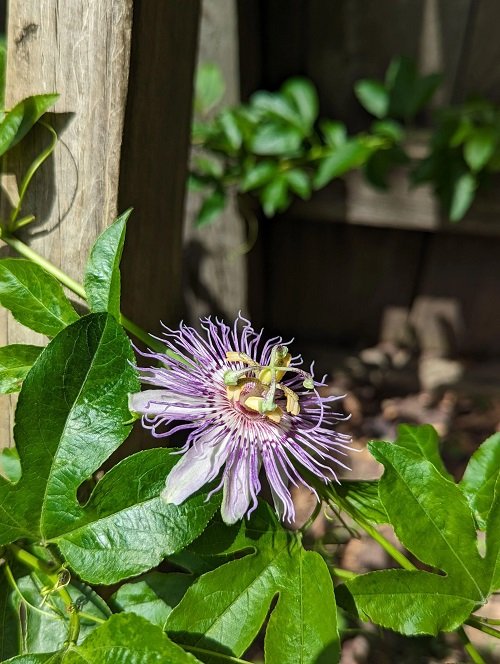
Botanical name: Passiflora incarnata
These beautiful flowers are popular in traditional medicine for anxiety and insomnia because they can help you sleep better.
Passionflower is one Dietary supplements It can also be used to treat cardiac arrhythmias, menopausal symptoms and hyperactivity disorders.
9. Verbena
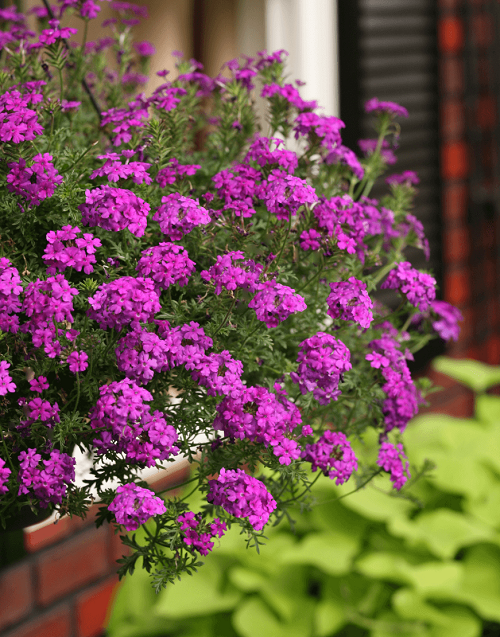
Botanical name: Verbena officinalis
Verbena flowers have many healing properties – the most important of which is to help treat migraines. The flowers are also rich in antioxidants and protect the body from free radicals.
They can also help treat arthritis, gout and muscle pain.
10. Daisies
Botanical name: Bellis perennis
daisy Although it is a symbol of purity, it also has antibacterial properties that help heal wounds and respiratory diseases.
You can use the paste of the flowers for skin diseases, wounds, sore throats and colds. They can also help with digestive problems.
11. Peony
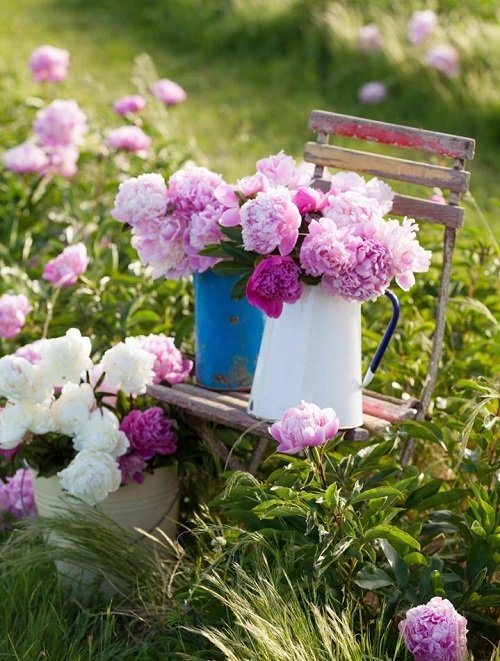
Botanical name: Paeonia lactiflora
Peony Flowers block chemicals that cause cramps, especially during periods. There are many creams on the market that contain peony extracts as these help prevent cracking and damage to the skin on the soles of the feet.
It is also believed that peonies may prevent blood clotting, but the evidence for this is limited.
12. Rose
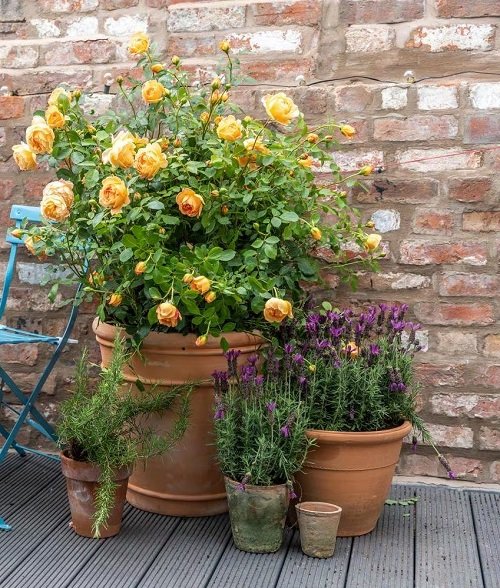
Botanical name: Pink
rose Flowers represent strength and healing, and rightly so. These flowers are rich in vitamins and antioxidants, making them perfect for heart health, mood lifting, and skin rejuvenation.
Rose oil can relieve nervous tension and is also used in steam therapy for allergies and headaches.
13. Evening Primrose
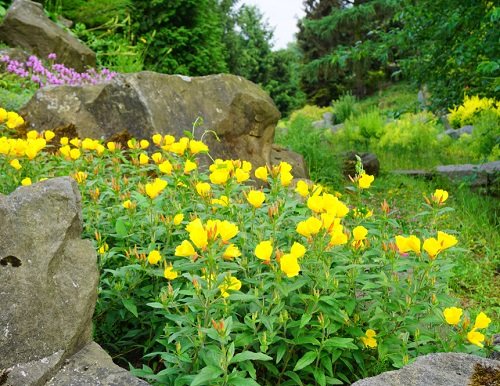
Botanical name: Oenothera biennis
This yellow flowers that you look at every day when you walk past the meadow has a powerful healing effect. These flowers are rich in gamma-linolenic acid, which is used to clear acne and dermatitis as well as relieve PMS.
14. Chrysanthemum
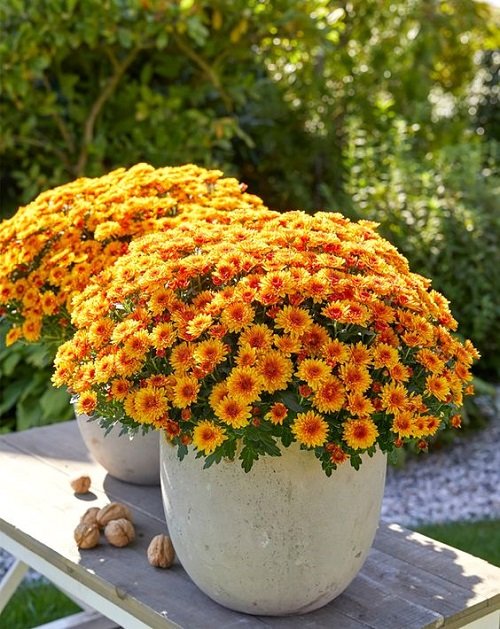
Botanical name: Chrysanthemum morifolium
Chrysanthemums They come in many beautiful colors and have been used medicinally for hundreds of years. The Chinese use chrysanthemum flowers to make tea and also believe that the roots of the flowers can cure headaches.
You can also drink chrysanthemum tea to boost your immune system.
15. Coneflower
Botanical name: Echinacea purpurea
Maybe you’ll see it Coneflower included in the ingredients of dietary supplements because it has been used by Native Americans to treat infections and illnesses for over 400 years. Echinacea relieves cold and flu symptoms and strengthens the immune system.
16. Cornflower
Botanical name: Centaurea cyanus
Cornflowers are great for mental and physical detoxification as they can be used to make cornflower tea, which can treat fever, constipation, and chest congestion.
These flowers mean healing as they are also included in tonics as a liver and gallbladder stimulant.
17. Sunflower
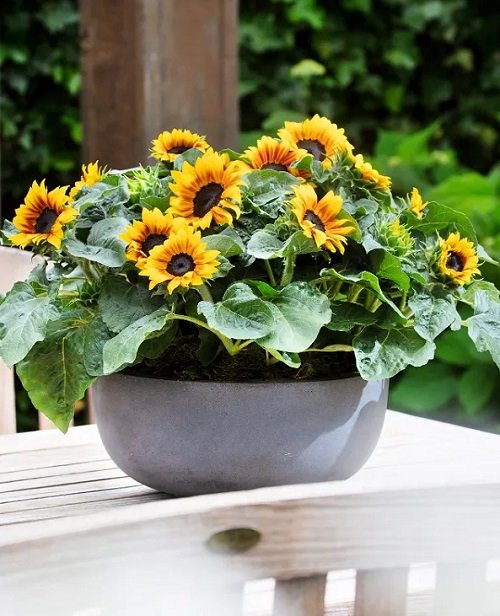
Botanical name: Helianthus annuus
These beautiful yellow and black beauties attract healing energies and keep negativity away. sunflowers are also used for lung infections.
You can also eat sunflower seeds to keep body fats under control as they lower bad cholesterol (LDL) and increase good cholesterol (HDL) in the body. They also help with blood sugar control.
18. Yarrow
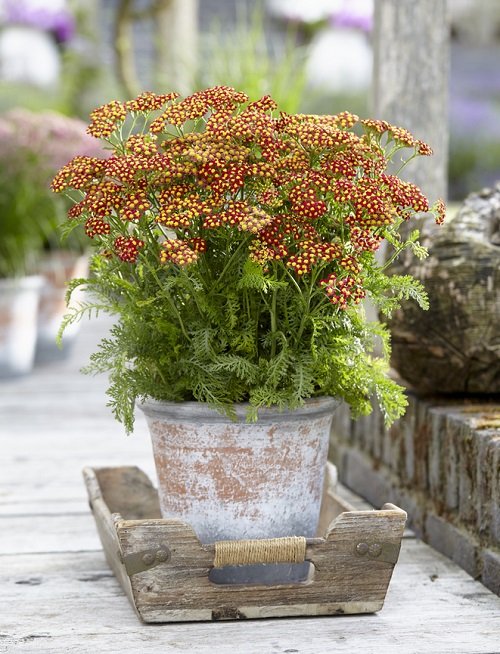
Botanical name: Achillea millefolium
Yarrow is used in Native American culture because it has astringent properties that make it an effective wound healer. The flower is also known to protect and clear the negative energies in your home. You can also use it for its anti-inflammatory properties.
19. Magnolia
Botanical name: Magnolia grandiflora
magnolia Bark and flower buds are used in numerous medicines to treat weight loss, digestion and constipation, as well as to reduce stress and depression.
20. Lilies
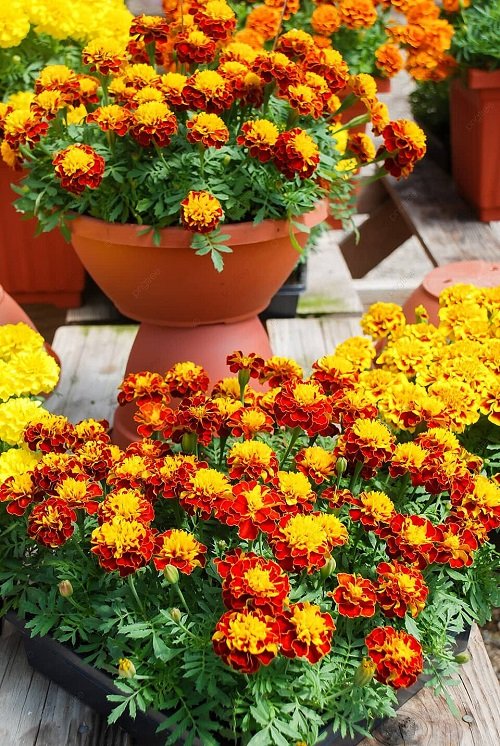
Botanical name: Lilium
Lilies are known for their beauty, but also have many health benefits. Many types of lilies, for example the white lily, are used in folk medicine.
Lily flower essential oil is made from lily extracts and promotes emotional well-being through aromatherapy. They also reduce insomnia and promote skin health.
Note: Do not pick a lily or begin to consume it as there are many species of lilies that are highly poisonous if consumed.
21. Marigold
Botanical name: Tagetes
Marigolds are associated with joy and happiness. These flowers are used in Ayurvedic and Unani medicine as their leaves have anti-inflammatory, antipyretic and anti-epileptic effects.
22. Geranium
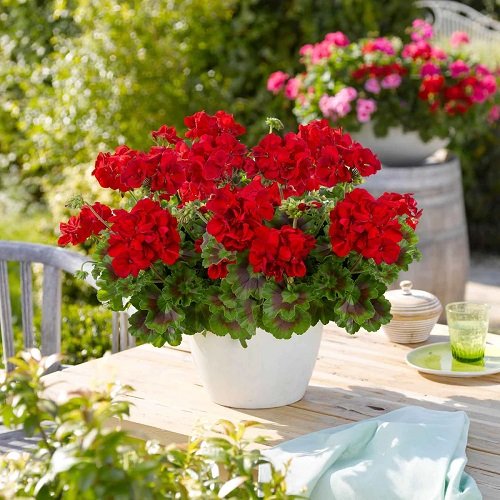
Botanical name: geranium
geranium Flowers offer protection and ward off negative energies – what makes them healing flowers is their therapeutic properties.
These flowers are used in extracts to treat skin abnormalities and relieve chronic inflammation.
23. Poppy
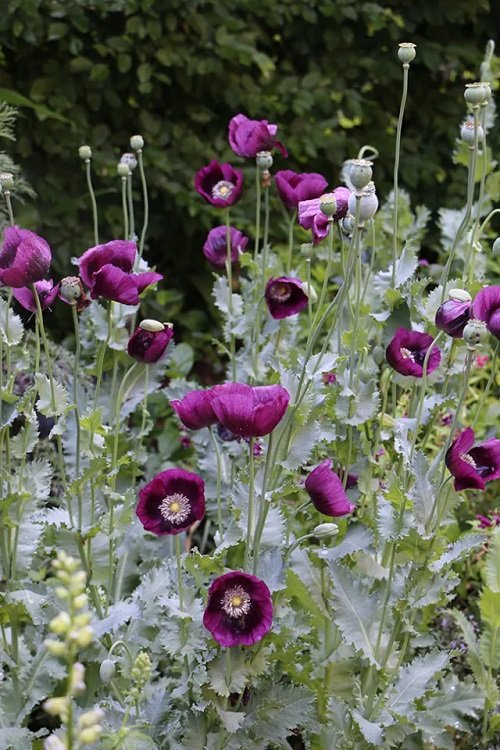
Botanical name: Papaver somniferum L.
Poppies Providing comfort in times of pain. The extracts of this plant are used for muscle relaxation and to treat abdominal cramps and diarrhea.
 careyfashion.com Carey Fashion
careyfashion.com Carey Fashion
